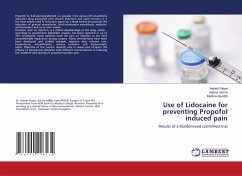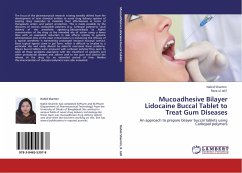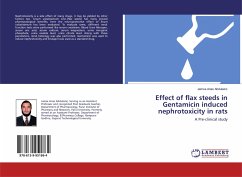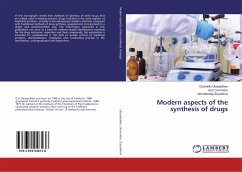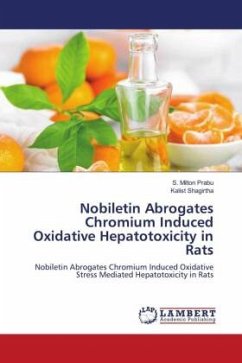Propofol (2, 6-di-isopropylphenol) is a popular intra venous (IV) anaesthetic induction drug associated with smooth induction and rapid recovery. It is the most widely used IV induction agent for a large variety of purposes like induction of general anaesthesia, total intravenous anaesthesia, sedation, anticonvulsant and as an anti- emetic.However, pain on injection, is a clinical disadvantage of the drug ,which , according to quantitative systematic reviews, has been reported in up to 70% of patients. Some patients recall the pain on injection as the most uncomfortable experience during surgery .Many interventions have been been developed and studied example, injection sites, infusion rate, temperature, microfiltration, venous occlusion and bacteriostatic saline. Objective of the current research was to assess and compare the efficacy of intravenous lidocaine with different concentrations in reducing the incidence and severity of propofol injection pain.
Bitte wählen Sie Ihr Anliegen aus.
Rechnungen
Retourenschein anfordern
Bestellstatus
Storno

